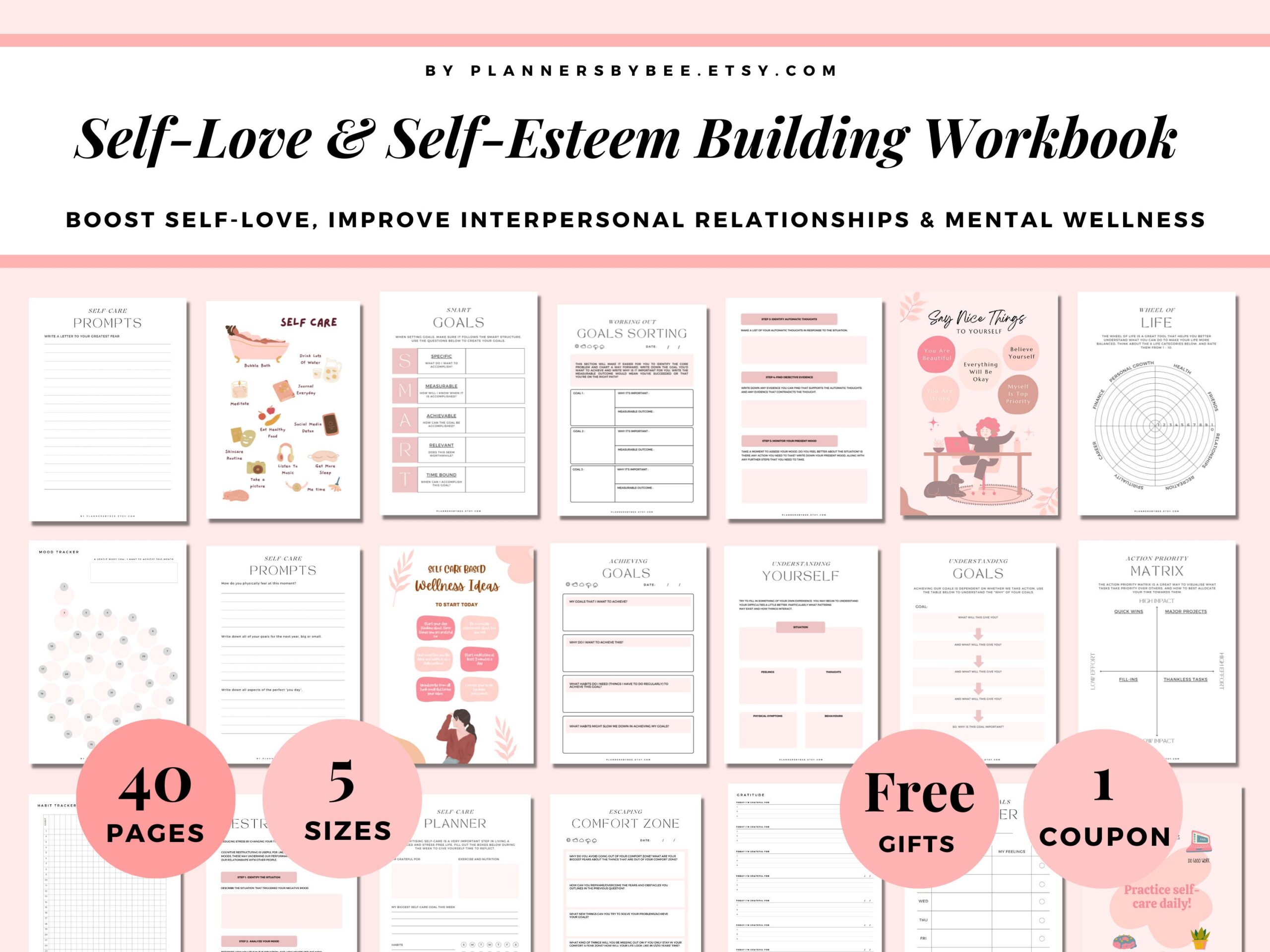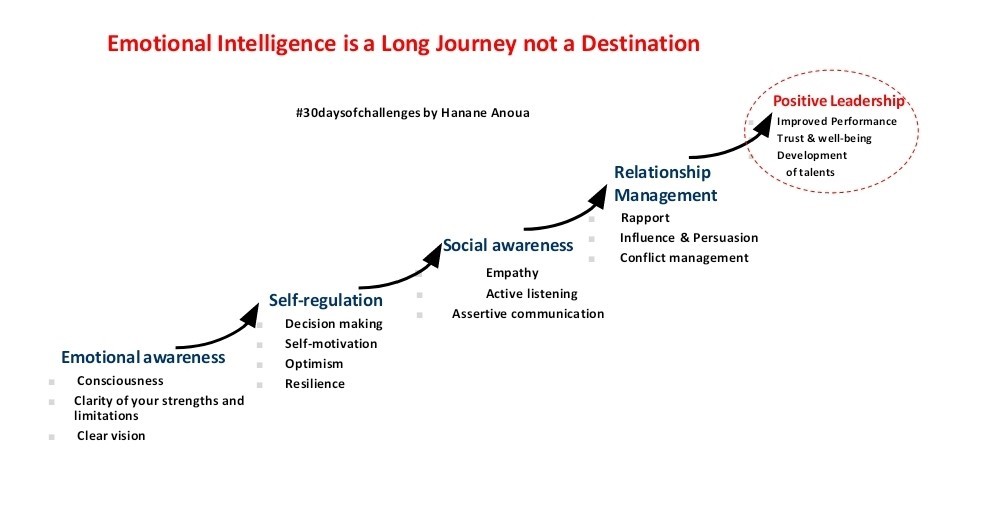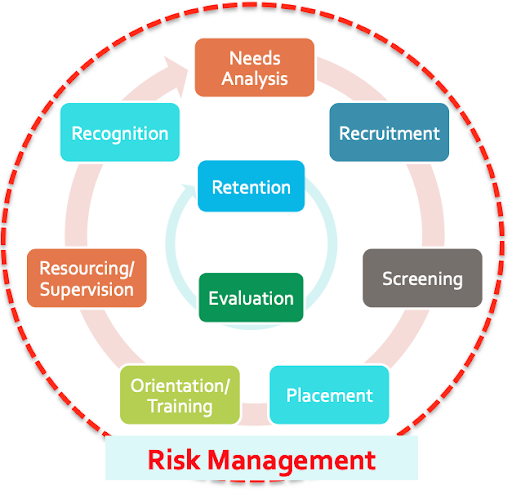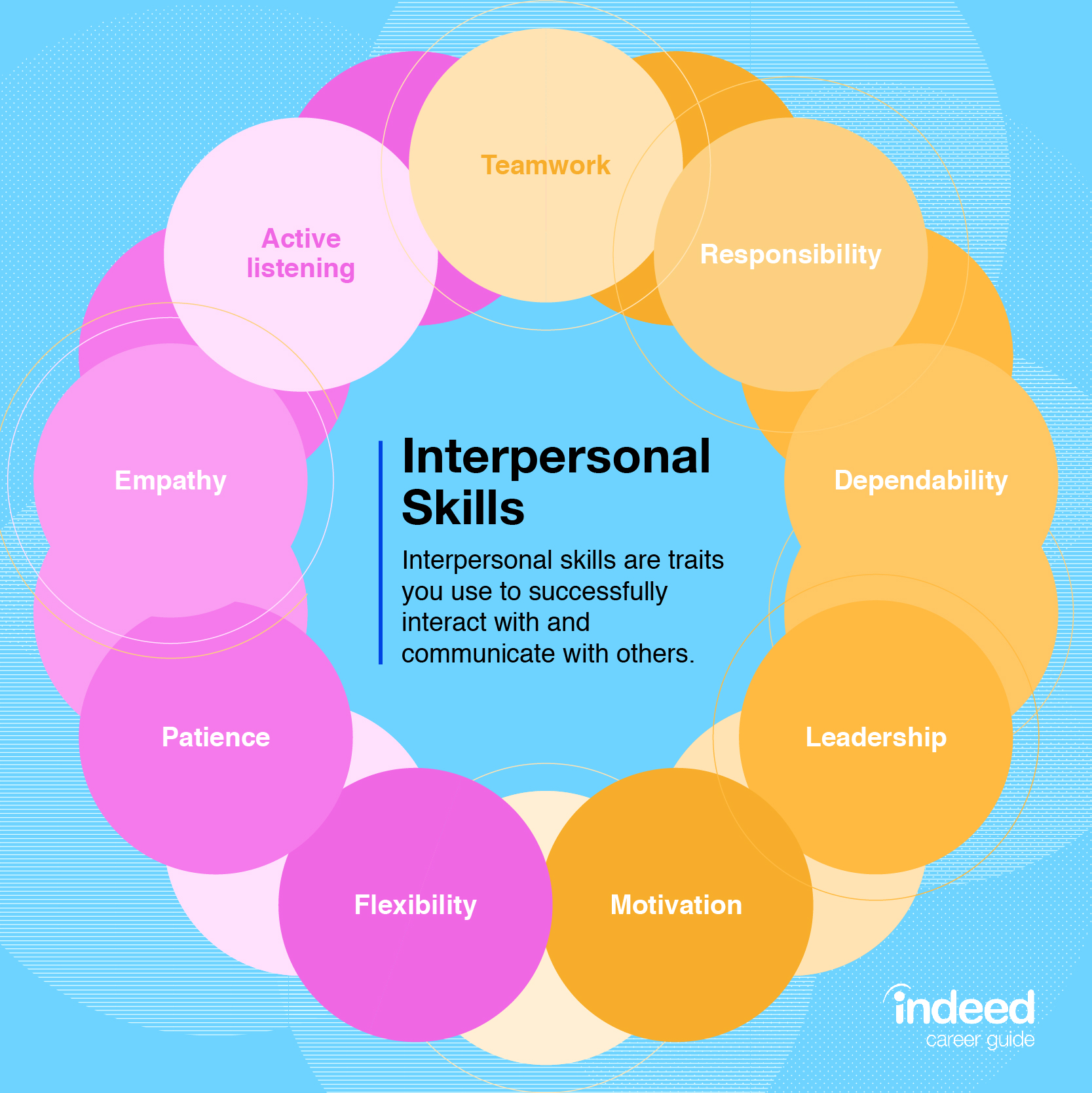Title: 5 Steps to Building Stress Resilience for Personal Development
Introduction:
In today’s fast-paced world, stress has become a common factor that affects our overall well-being. However, by building stress resilience, we can effectively manage stress, enhance personal development, and lead a happier, more fulfilling life. This blog post will provide you with five actionable steps to help you build stress resilience and cultivate personal growth. Let’s dive in!
1. Understand the Sources of Stress:
To effectively manage stress, it’s vital to identify its sources. Take some time to reflect on the aspects of your life that cause stress. These may include work deadlines, financial pressures, relationship issues, or health concerns. By recognizing and understanding your stressors, you can work towards finding suitable solutions and reducing their impact on your well-being.
2. Cultivate Healthy Coping Mechanisms:
Developing healthy coping mechanisms is essential for building stress resilience. Engage in activities that help you relax and recharge. This may involve practicing mindfulness or meditation, exercising regularly, pursuing hobbies, or spending quality time with loved ones. Experiment with various techniques to find what works best for you and incorporate them into your daily routine.
3. Prioritize Self-Care:
Taking care of yourself should be a top priority. Incorporate self-care practices into your lifestyle, such as getting enough sleep, maintaining a balanced diet, and staying hydrated. Additionally, set boundaries and learn to say no to unnecessary commitments to avoid overextending yourself. By nurturing your physical and mental well-being, you’ll be better equipped to handle stress effectively.
4. Develop Effective Time Management Skills:
Poor time management can contribute to stress and overwhelm. To combat this, focus on developing effective time management skills. Start by prioritizing tasks, setting realistic goals, and breaking them down into manageable steps. Utilize tools such as to-do lists, calendars, and productivity apps to stay organized and stay on track. Remember, finding a balance between work, leisure, and relaxation is crucial for stress resilience.
5. Seek Support:
Building stress resilience doesn’t mean you have to face challenges alone. Reach out to friends, family, or a support network for guidance and encouragement. Consider joining a community or support group that shares similar experiences. Seek professional help when needed, such as speaking with a therapist or counselor who can offer valuable insights and coping strategies. Remember, building stress resilience is a journey best traveled with support from others.
Conclusion:
Incorporating these five steps into your life can significantly contribute to your stress resilience and personal development. By understanding the sources of stress, cultivating healthy coping mechanisms, prioritizing self-care, developing effective time management skills, and seeking support when necessary, you can build the foundations for a more resilient and fulfilling life. Remember, it takes time and practice, but the rewards are well worth it. Start implementing these steps today, and embrace a life with reduced stress and increased personal growth.











